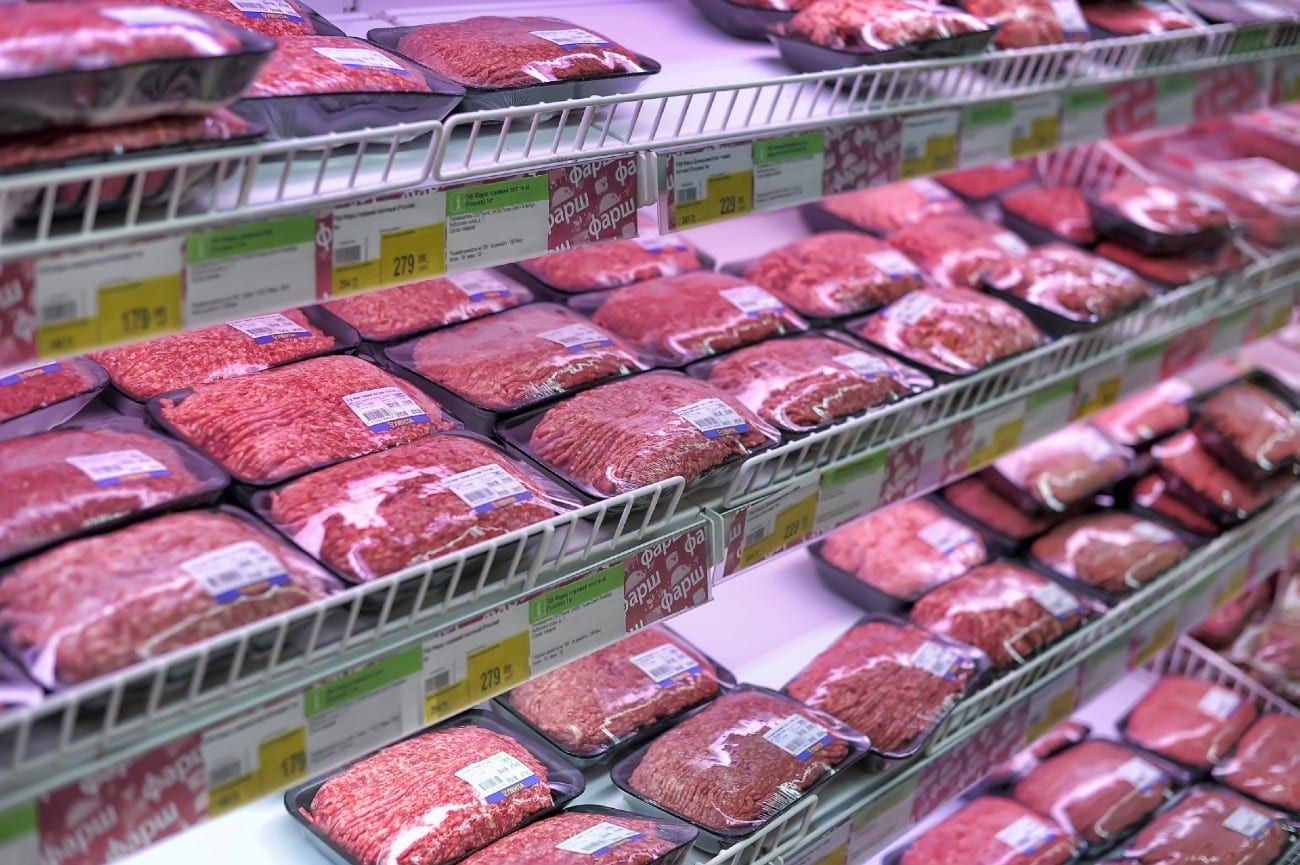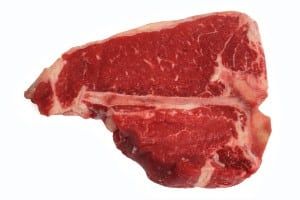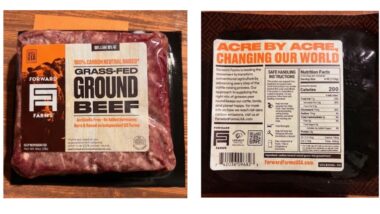
A group of grocers have filed a class action lawsuit against Cargill, JBS USA Food Company Holdings, National Beef Packing Company and Tyson Foods over claims that these meatpackers colluded to increase the price of beef by limiting its supply.
The grocers’ claims have made news headlines within the beef industry and in news sources directed at the at the public.
The beef price-fixing class action lawsuit was filed by Central Grocers, Strack and Van Til Super Market, and SVT. They say the beef packers intentionally agreed to buy and slaughter fewer cattle than they had capacity to process, which effectively reduced the supply of beef. Allegedly, this had an effect on grocers, who had to pay more for beef.
The grocers’ complaint explains that Cargil, JBS, National Beef Packing Company and Tyson have immense control over the beef market.
Allegedly, these companies are the world’s largest meat processing and packaging companies, controlling around 80% of the market of the fresh and frozen beef sold in the United States. In comparison, the next-largest company had just 3% of the market share, the grocers say.
According to the beef prices class action lawsuit, Cargil, JBS, National Beef Packing Company and Tyson entered into an agreement to try to fix beef prices. Allegedly, this scheme began in early 2015.
The grocers say the meat packers attempted to use their market control by limiting the supply of beef so they could then drive up prices.
The plaintiffs claim that while limiting the supply of beef is the main way in which the companies have conspired to fix prices, it is not the only way.
The beef price-fixing class action lawsuit then notes that the U.S. Department of Justice and the U.S. Department of Agriculture have launched investigations into the state of beef prices to determine whether the beef packers unlawfully fixed the prices.
Allegedly, these investigations were sparked by the increase in beef prices since the outbreak of COVID-19. However, the grocers assert the elevated COVID-19 beef prices are just one manifestation of the price-fixing scheme.
Secretary of Agriculture Sonny Perdue reportedly informed the Senate subcommittee on Agriculture, Rural Development, Food and Drug Administration, and related agencies that the USDA was concerned the companies were paying low costs for live cattle, but were not subsequently charging consumers less for beef.

He asserted the difference between the price for live cattle and the price for wholesale boxed beef was “historically high.”
Allegedly, the beef packers had been buying and processing fewer cattle than they had capacity to process.
Under normal market conditions, if one packer chose to do this, then other packers would pick up the slack and would continue to process cattle at their capacity.
However, the grocers argue that all of the largest meat packers had agreed to suppress their processing, leaving those selling live cattle with no choice but to sell their cattle for much lower prices in an effort to have them processed. This occurred on an industry-wide scale, the grocers say, depressing live cattle prices across the board.
Then, this reduced processing created an artificial shortage of beef, the grocers contend. This subsequently allowed the packers to be able to charge higher prices for beef, as the demand went up and the perceived supply was low, according to the class action lawsuit.
The grocers explain that among beef industry players, beef packers are in a unique position to manipulate the market through these means. The grocers say the supply of cattle is not as affected by short-term price changes because of the long lifecycle of cattle and the lack of an alternative. At the other end of the chain, beef demand is very stable.
However, in the middle of this process are the beef packers, whose profit margins are sensitive to change in the sort-term, because it changes based on short-term differences in slaughter volume.
The grocers say the meat packers were able to gain further control over the market by selling to each other, and were able to enact the scheme by holding frequent meetings about the scheme. Allegedly, data exists that provides evidence of the shift in marketing conditions precipitated by the scheme.
Have you noticed a change in beef prices? Share your experiences in the comments below.
The grocers are represented by Vincent J. Esades of Heins, Mills & Olson LLP, Jason S. Hartley of Hartley LLP, Daniel R. Karon of Karon LLC, and Douglas A. Millen of Freed Kanner London & Millen LLC.
The Tyson, Cargill Beef Price-Fixing Class Action Lawsuit is Howard B. Samuels, et al. v. Cargill Inc., et al., Case No. 0:20-cv-01319, in the U.S. District Court for the District of Minnesota.
ATTORNEY ADVERTISING
Top Class Actions is a Proud Member of the American Bar Association
LEGAL INFORMATION IS NOT LEGAL ADVICE
Top Class Actions Legal Statement
©2008 – 2026 Top Class Actions® LLC
Various Trademarks held by their respective owners
This website is not intended for viewing or usage by European Union citizens.















391 thoughts onCargill, Tyson Class Action Alleges Beef Price-Fixing Scheme
I haven’t really been able to buy steak in I couldn’t tell you how long because of the price increase
Please add me, thanks!